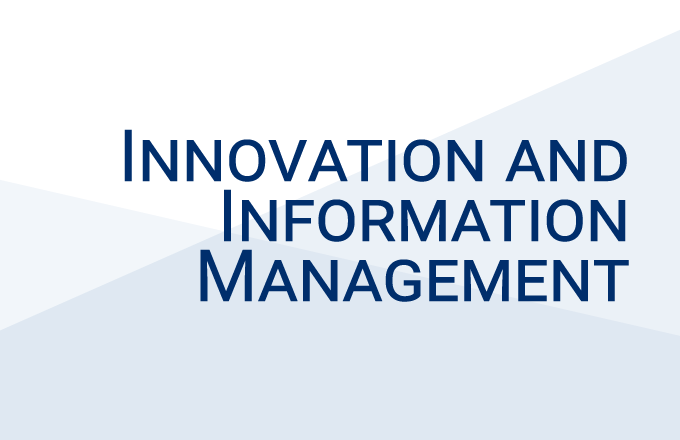Scientists and Firm-level Appropriation Strategy in Artificial Intelligence Research
Dr Nur Ahmed
Postdoctoral Associate
MIT Sloan & MIT CSAIL
This study examines the tension over appropriation strategy between firms and scientists, a key human capital. Whereas scientists prefer to publish, firms tend to minimize outgoing knowledge to maintain competitive advantage. This study investigates how a tight labor market, which affords scientists higher bargaining power, can influence firm publications. Using a novel dataset of 200 million job posts and 1.1 million publications from the US Artificial Intelligence (AI) industry, I show that recruitment efforts increase the number of AI publications, but primarily in the same fields of heightened demand. For identification strategy, I exploit the variation in AI exposure at the firm level, which directly influences firm-level demand for AI talents but not AI publications. A machine learning-based approach demonstrates that to balance the trade-off between knowledge leakage and recruiting, firms publish papers that are less commercially valuable. Further mechanism tests on the use of AI research in patents and the science intensiveness of AI patents bolster our theoretical explanation. Findings underscore the importance of human capital in firms’ appropriation strategies.















